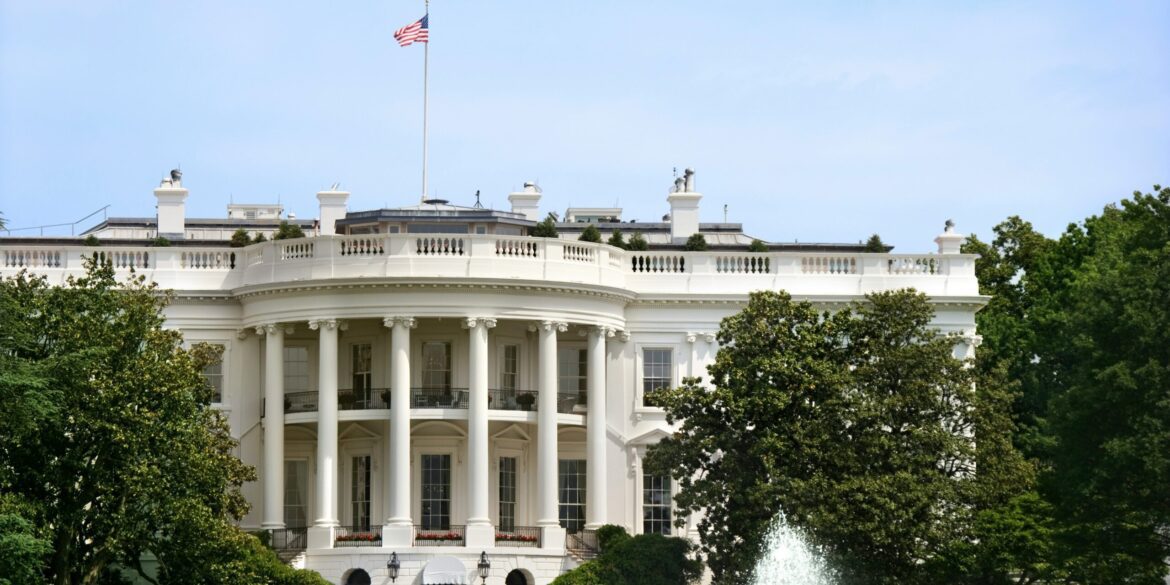The White House has acknowledged significant errors in the “Make America Healthy Again” (MAHA) report, a flagship public health document led by Health and Human Services Secretary Robert F. Kennedy Jr. The 72-page report, released on May 22, 2025, aimed to outline strategies for improving national health outcomes but has faced criticism for data inconsistencies, methodological flaws, and questionable citations.
White House Press Secretary Karoline Leavitt confirmed that the report would be updated to address these issues. “I understand there were some formatting issues with the MAHA report that are being addressed, and the report will be updated,” Leavitt stated during a press briefing. She emphasized that these errors do not negate the substance of the report, describing it as “one of the most transformative health reports that has ever been released by the federal government.”
The MAHA report, which cited over 500 studies, has been scrutinized for including references to non-existent or misrepresented research. Investigative outlets, including NOTUS, found that at least seven of the cited studies did not exist, and some authors denied involvement with the referenced work. These discrepancies have raised concerns about the report’s credibility and the processes used in its compilation.
Further complicating matters, experts have identified signs that artificial intelligence may have been used in drafting the report. The Washington Post reported that some citations contained markers indicative of AI-generated content, such as “oaicite,” suggesting the use of tools like OpenAI’s language models. This has fueled speculation about the role of AI in producing the report’s content and the oversight mechanisms in place.
Despite the controversy, the Department of Health and Human Services (HHS) has defended the report’s overall message. HHS spokesman Andrew Nixon described the errors as minor and stated that they have been corrected. He characterized the report as a “historic and transformative assessment by the federal government to understand the chronic disease epidemic afflicting our nation’s children.”
However, the report’s content has also drawn criticism for its stance on various health issues. It calls for increased scrutiny of childhood vaccination schedules and asserts that children are overmedicated and undern … These positions have been met with concern from public health experts and stakeholders who argue that the report undermines established scientific consensus.
Former Health and Human Services Secretary Xavier Becerra has been particularly vocal in his criticism, labeling the administration’s explanations as insufficient. He emphasized the importance of quality control in public health communications and warned that such lapses could have serious consequences.
The MAHA report is intended to inform policy recommendations expected later this year, with the White House seeking $500 million in funding from Congress to support the initiative. As revisions are underway, the administration faces the challenge of restoring credibility and ensuring that future health policy documents adhere to rigorous scientific standards.

